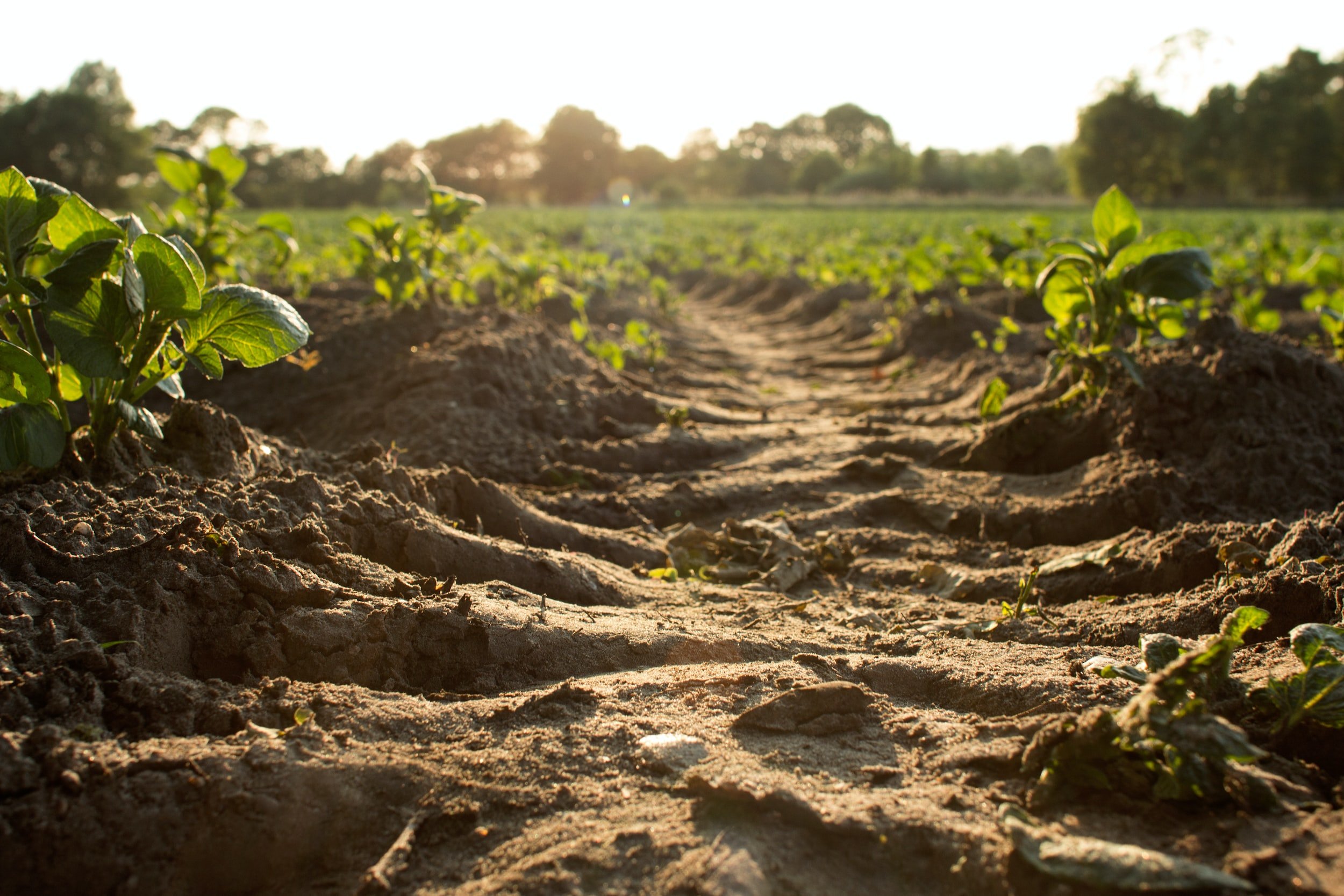
You Are What You Eat…
Getting To The Root Cause of Health & Wellness
You are what you eat
and you eat what you are!
The microbes in your gut are the root to proper digestion and overall human health.
Some of the same species found in soils & compost live symbiotically in our gut.
Eating plants grown in healthy soil allows our ancient allies to protect and heal us from chronic illness.
We Provide Microbes With Plenty of Food
They Provide Us With:
-

Neurotransmitters
Microbes produce a lot of the neurotransmitters in your brain, which regulate your mood. They also make compounds that tell brian cells to divide. Microbes hav a big influence on learing and memory
-

Antibiotics
Microbes, like Streptomyces bacteria, deactivate toxins that enter our body with our food as well as toxins made by other microbes
-

Vitamins
Microbes make vitamins we can’t make on or own, including B vitamins which help maintain healthy blood and tissues.
-

Digest Food
Microbes keep us fit. By breaking down our food, the help our body process nutrients and store sugar. They even regulate our appetite.
-

Boost Immune System
Microbes, like bacillus, bind to immune system cells ad help them reproduce to out compete, inhibit, and consume disease causing viruses and bad bacteria.
-

Prevent Infection
Microbes prevent infection by filling up space that could otherwise be taken up by harmful bacteria.
The Bad Guys
Not all microbes are good. Some cause infectious disease like flu and measles. These bad microbes are called pathogens. It’s up to our immune system to protect us against pathogens.
Sometime microbes that are usually ‘good’ end up multiplying too quickly, or find themselves in the wrong place, and then end up doing harm.
Research continues to be done learning more about microbes. Scientist are beginning to understand how imbalances in microbe populations can cause disease, and how restoring balance can lead to cures.
What Happens When We Eat Food
How do we get our gut microbiome
-
Everybody is different
Even people in the same family, eating the same diet, have different microbiomes.
This is because it’s not just diet that affects what is living inside us.
-
Any individual Experience
Spending time in nature or around pets, or any experience can introduce new microbes into your gut.
Children growing up with a dog have been shown to have more diverse microbiomes.
-
From Birth
In the womb we have no microbiome because it’s a sterile environment.
The moment we are born, we are colonized by millions of microbes.
Over the first two years are microbiome changes a lot.
-
Illness, Diet, Antibiotics
At three years old, our microbiome levels out. Things like illness, change in diet or a course of antibiotics will affect the our microbiome, but it usually returns to a similar landscape.

Franklin D. Rosevelt
“A Nation that destroys its soils destroys itself”
The Importance of Soil
Dr. Gerson emphasized the critical importance of the soil in his book, A Cancer Therapy: Results of Fifty Cases. He believed that disease is caused by “a permanent daily poisoning brought about by our modern civilization” that causes the deterioration of the digestive tract organs, mainly the liver (pg. 37).
This daily poisoning is rooted in modern agricultural methods that deplete the soil and reduce topsoil by using artificial fertilizers and spraying with DDT and other poisons (pg. 37). He said that poisoned soil will not only increase disease but will also “reduce the healing power of the body” (pg. 151).
Dr. Gerson stresses the critical importance of taking care of the soil for the health of future generations. Otherwise, “we disturb the natural equilibrium and harmony, producing sickness of the soil, sickness of the plants and fruits… and finally sickness of both animals and human beings” (pg. 175).
Dr. Gerson liked the expression “mother earth” (pg. 175) and goes on to say, “We may compare the work of the soil to a mother feeding her baby” (pg. 176). I think the following quote from Dr. Gerson’s book sums it all up: “Organic gardening food seems to be the answer to the cancer problem” (pg. 185). Let us all follow his suggestion.










